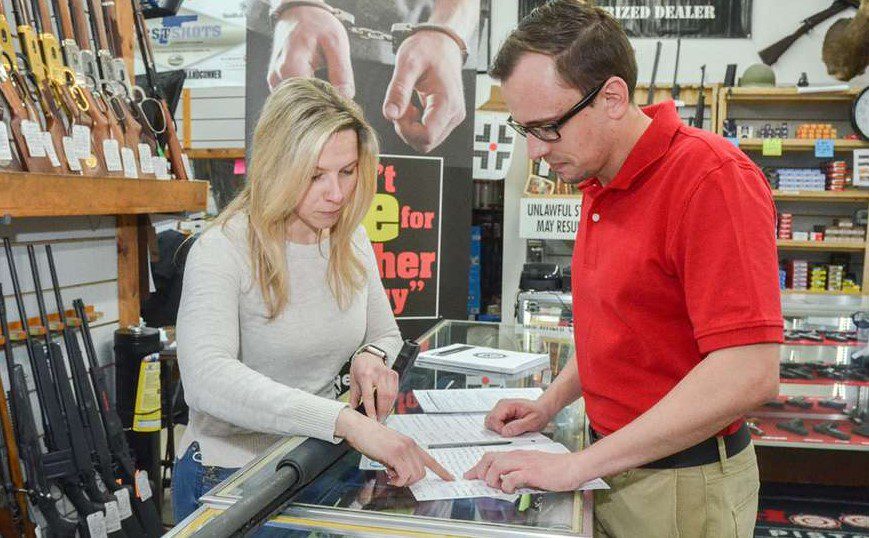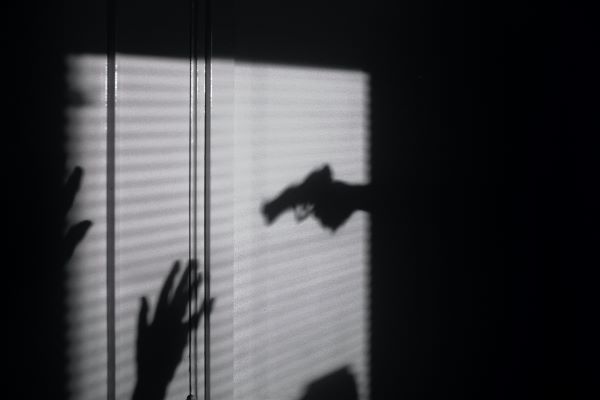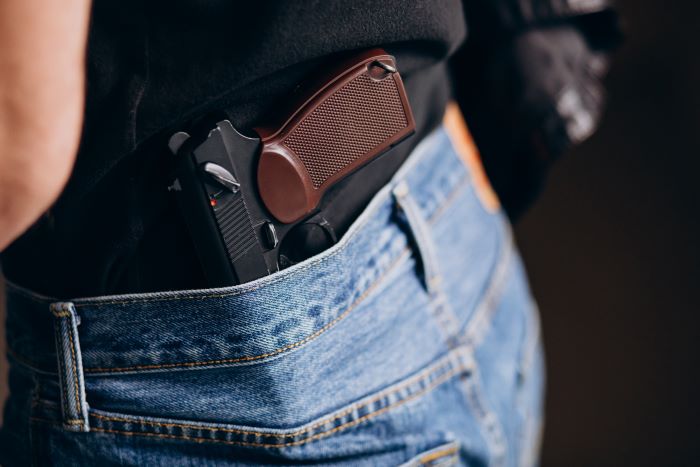Federal laws govern how and where an individual in North Carolina can possess and store their firearms. Understanding your rights and the existing laws about use of firearms is crucial to ensuring you abide by the law and avoid spending time in jail. There is a considerable gap between federal and North Carolina gun possession and safety laws. Take time to become familiar with the North Carolina laws because there may be gaps between this and the federal law.
North Carolina vs. Federal Law on Firearms
First, knowing that the North Carolina law on firearms acquisition and possession varies greatly is essential. Generally, federal law is much stricter than state law, especially regarding the restrictions on the use of firearms.
However, they are both the same in that those with a felony conviction or anyone charged with domestic violence or battery and assault crimes is prohibited from legally acquiring and possessing guns and other firearms. But if a person has been pardoned of their felony charge in North Carolina, they may be permitted to carry a firearm. Any other criminal convictions in other states, which are equivalent to a felony charge in North Carolina, also prohibit an individual from acquiring and possessing a firearm. This prohibition applies to all types of firearms.
In the case of domestic violence crimes with a restraining protective order, it is also illegal to acquire, possess, or receive firearms, whether it is a handgun or firearms accessory.

Who is Eligible to Acquire and Possess Firearms in North Carolina?
Previously, you had to obtain a firearm permit in North Carolina. According to state law, anyone with an indictment, a fugitive, an illegal resident, or someone recently diagnosed with mental incompetence is prohibited from obtaining a permit.
But new updates to the North Carolina gun law no longer require a permit from the sheriff’s office to buy a gun. North Carolina was one of ten US states that required a gun permit, but with this recent change, that list is now down to nine.
The North Carolina law specifies where you can carry your firearms, especially concealed firearms. Even law enforcement individuals must obtain a permit when they conceal carry, which is allowed only in law enforcement buildings.
Common Mistakes to Avoid with North Carolina Firearms Law
Even if you are a law-abiding citizen, you could still be charged if you violate state firearm acquisition and possession laws. Learn about these common mistakes so you can avoid them – and jail time.
1. Failing to Notify Law Enforcement
North Carolina law requires you to immediately notify law enforcement officers if you conceal carry a gun, especially if you have a permit, during an official encounter. For example, a police officer stops you in traffic. It would help if you made them aware that you have a gun and a permit for it in your possession.
If you fail to notify law enforcement that you have a concealed carry permit and they find out you have a firearm in your possession, you could get charged for it. Do not underestimate casual encounters like this, especially if you are involved in incidents like a hit-and-run, because they could use any evidence to build a case against you.
2. The Castle Doctrine
Another situation when legal gun owners in North Carolina make mistakes involves the concept of occupancy. When you are outside your home and enter it because of an intruder in your home, the presumption of fear and danger no longer applies to your situation. The same is true with an unoccupied vs. an occupied vehicle.
If you are inside your home or vehicle when an intruder attempts to access your private space, then you are protected by the law in using lethal force and your firearm for self-defense. However, the law no longer applies when you are outside that space and choose to re-enter with a weapon.

3. Transfer of Firearm Ownership
The third most common mistake regarding North Carolina gun law happens during the transfer of firearm ownership. North Carolina law specifies that it is unlawful to sell, give away, or transfer the ownership of a firearm in any place to another individual. The recipient must first obtain a permit to acquire and own a gun. Without it, the transaction is considered illegal, and you could be penalized for engaging in such activity.
But since the laws are constantly changing, it is essential to consult a lawyer for gun rights before you perform any activity regarding the possession and use of firearms. These lawyers can help you stay up-to-date with the latest gun laws and ensure you don’t violate any law when you acquire and carry your gun, especially outside your home.
In addition, a lawyer can help you with cases involving use of firearms or cases that result from any of these mistakes.
Tips for Storing Your Firearms
Safely storing your guns and other firearms is integral to gun ownership. The revisions to the North Carolina gun laws state that anyone with a firearm, especially those with minors, should store the guns responsibly. The storage should be away from access by the minors, especially when unsupervised.
The firearms owner could be criminally liable for any misdemeanor act resulting from a minor who gains access to an improperly stored gun or firearm. This criminal liability applies but is not limited to the following situations: when the minor carries the weapon in a public place, uses the gun to commit a crime, and causes personal injury to the public using the firearm (except for self-defense).
Currently, North Carolina law does not impose the purchase of a locking device when buying firearms. Therefore, it is the owner’s responsibility to secure and safely store their guns at home to prevent unwanted access to the weapon and any criminal liability resulting from it.


